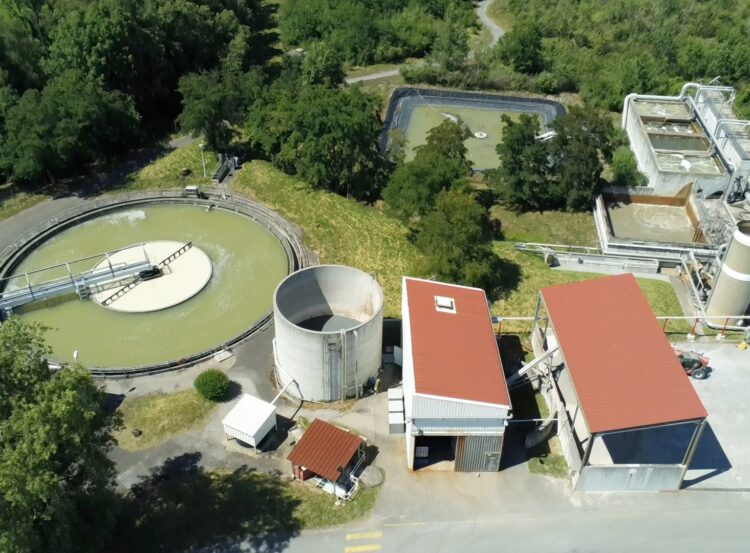Since 2004, Bolloré Thin Papers has been investing in reducing its environmental footprint and the environmental impact of its processes.
In order to ensure our manufacturing processes are ‘clean’, we are committed to:
- reducing the amount of pollutants discharged into our waters
- investing in renewable energy sources
- reducing our energy consumption
- recycling our solid waste

